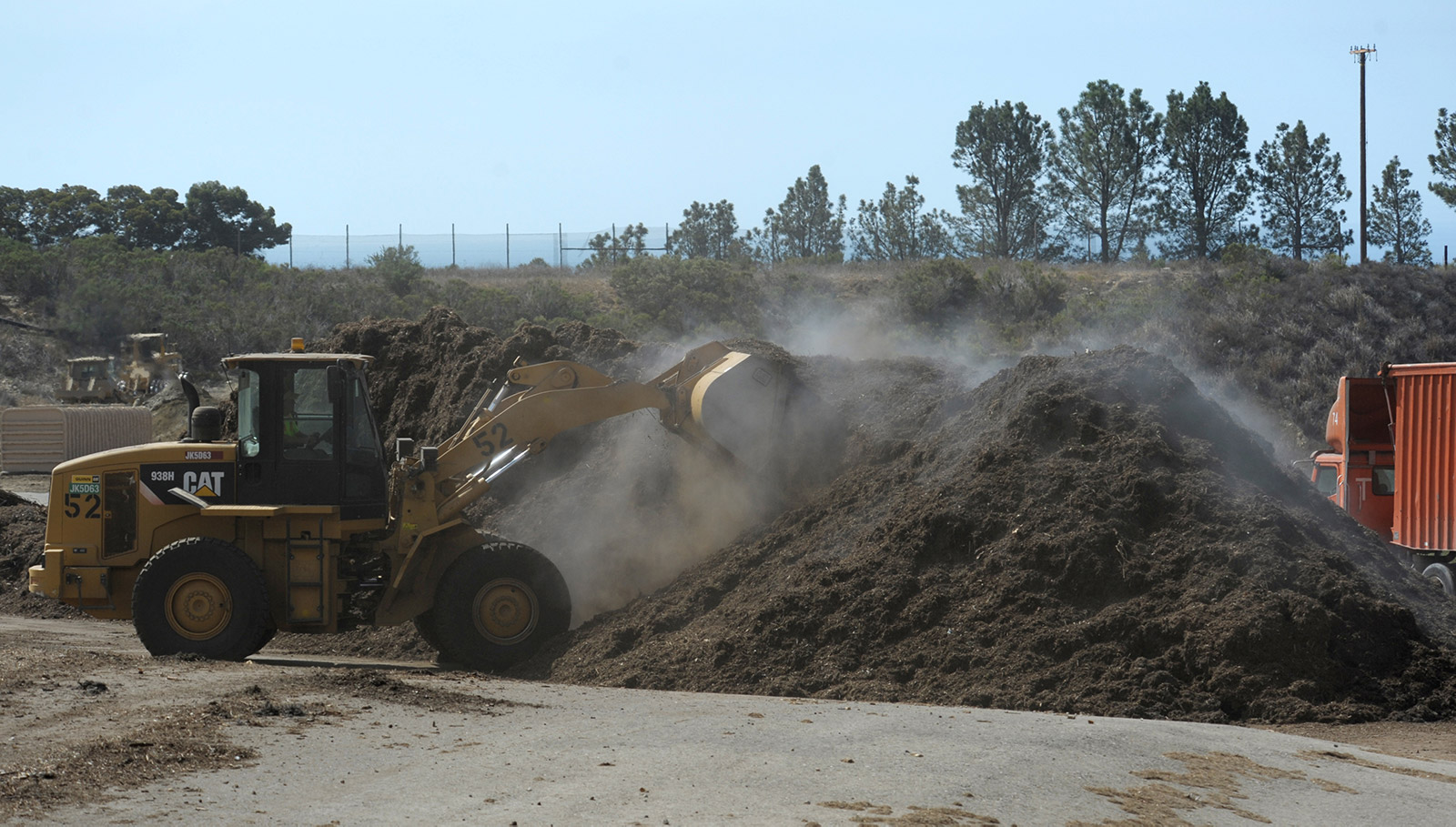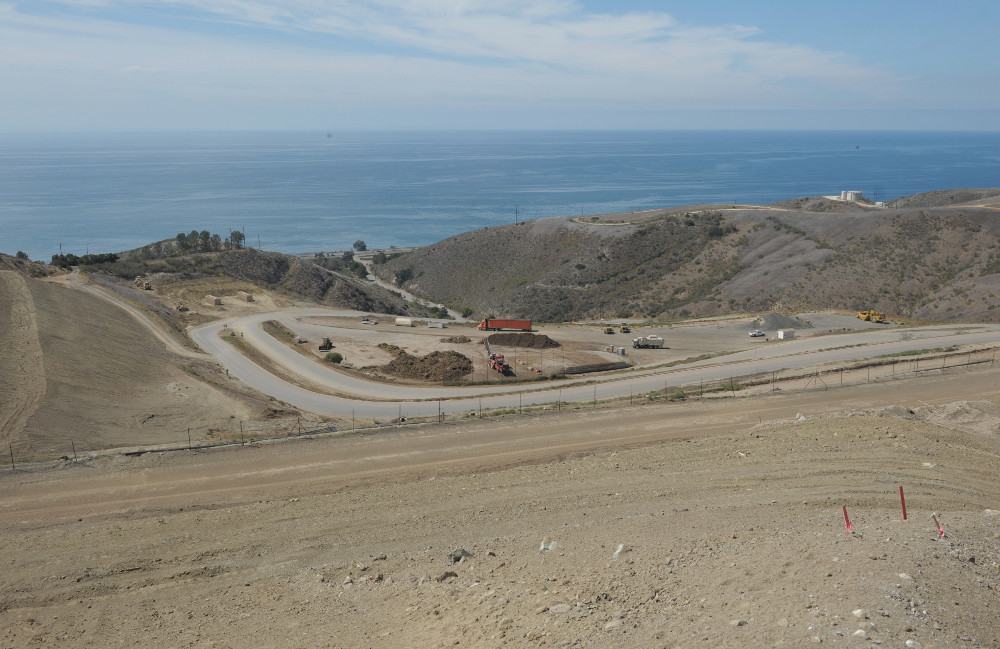
The cost to finance and construct new sorting and composting facilities at Tajiguas Landfill to extend the dump’s diminishing lifespan has jumped $91 million — to $540 million — since the city signed on to the county-led project in December 2016, the council heard Tuesday. A redesign, lawsuit, and increasingly volatile recyclables market created the delays and unforeseen price increases, city environmental and financial managers said, pushing the project’s timeline another two years out and inflating tipping fees to an expected $142 per ton. Translated into monthly trash bills, that would mean a $9 jump for the average resident and a $90 spike for the average business when the new facilities went online.
Phil McKenna, former president of the Gaviota Coast Conservancy, which legally challenged the project on California Environmental Quality Act grounds, urged the council to use the delay to explore other options. “The heart of this is that the costs are going up and the revenues are going down,” he said, emphasizing how China’s recent waste-import ban has upended the global recycling market. “The trade war with China has directly affected the City of Santa Barbara,” he said. Given the project’s constantly growing price tag, McKenna went on, “You desperately need to look at alternatives.”

Sigrid Wright, executive director of the Community Environmental Council, echoed McKenna, as did attorney Marc Chytilo. “Conditions have changed, and they’re all just getting worse,” Chytilo said. The city has considerable leverage over the direction of the project, he explained — 40 percent of the waste that will flow through the Tajiguas Resource Recovery Project (TRRP) will come from Santa Barbara — so it should take the lead in finding a cheaper, more environmentally friendly way to increase the landfill’s capacity.
The council ultimately decided not to consider other options but to receive a status update on the project in six months. Councilmember Jason Dominguez made a motion to study alternatives while the TRRP remained in limbo, but he received no support from his colleagues. “It sounds like the majority of us want to stay the course on this,” said Mayor Cathy Murillo.



